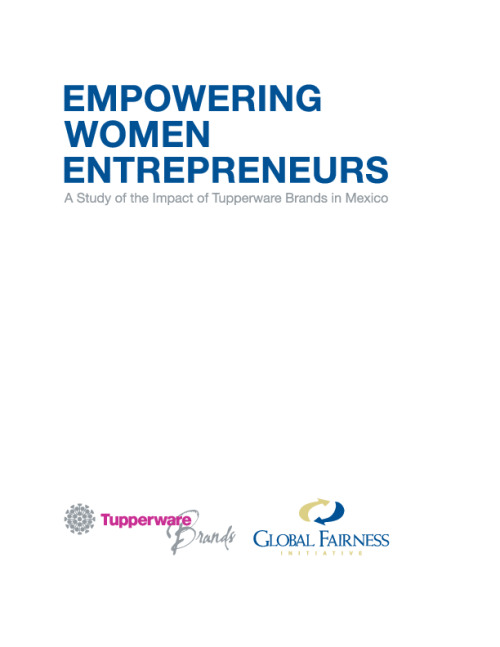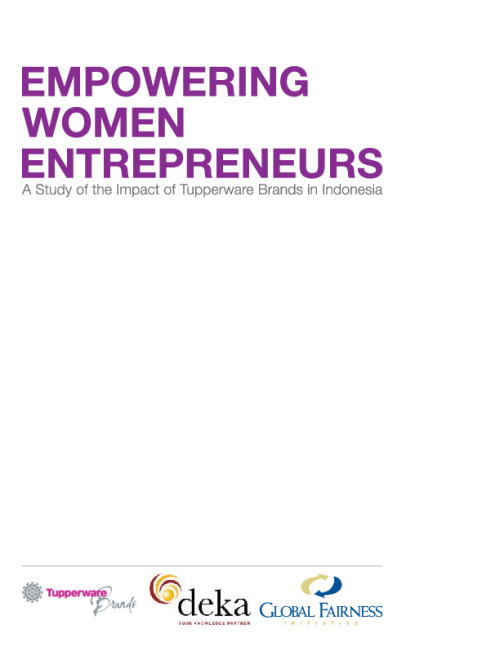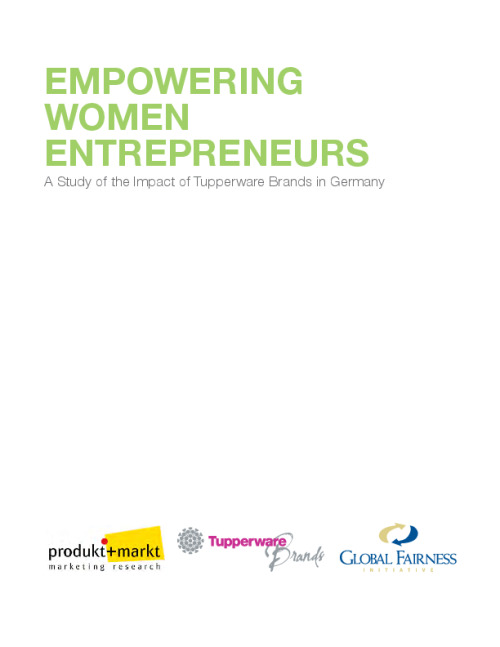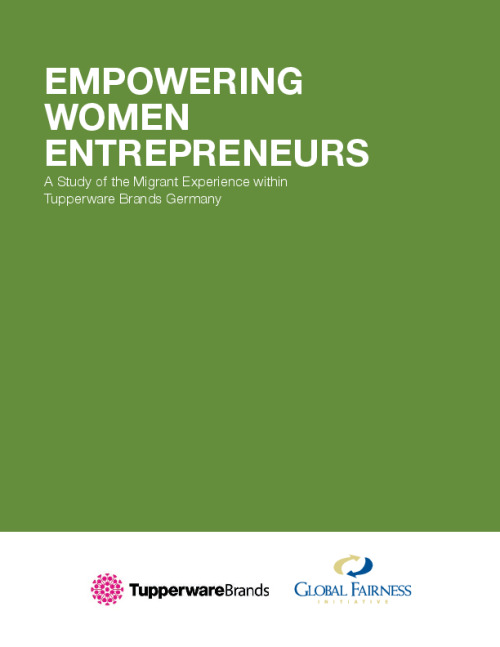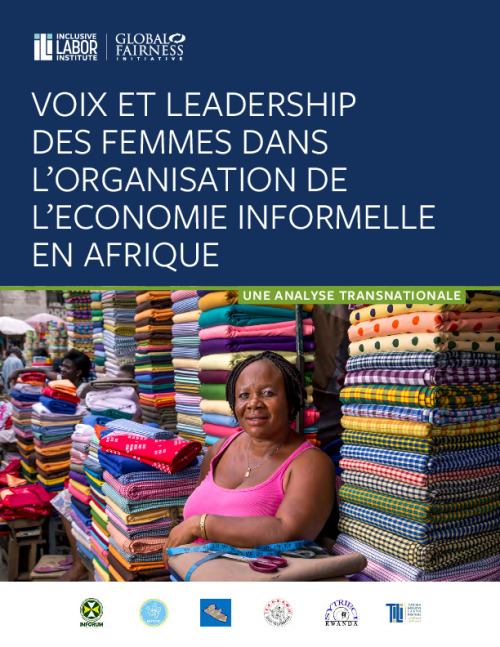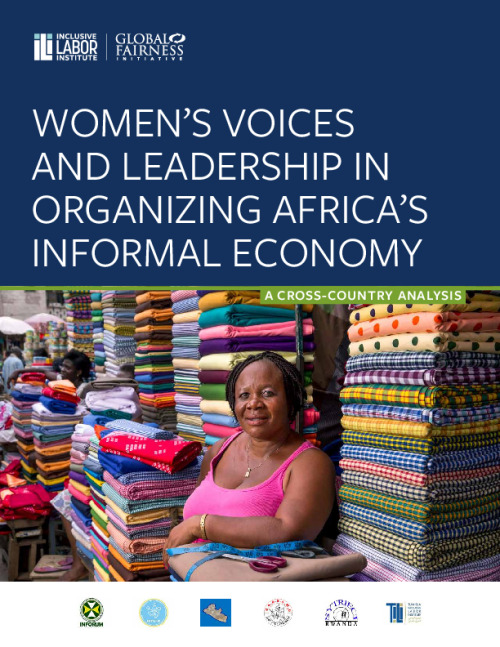GFI Study: Empowering Women Entrepreneurs: A Study of the Impact of Tupperware Brands in Mexico
Publication Date
Summary
From November 2011 to May 2012, the Global Fairness Initiative, a Washington D.C. based not-for-profit organization focused on furthering inclusive labor markets, and IBOPE Inteligencia, a Latin American survey firm, conducted a thorough study of the sales force of Tupperware and Fuller Cosmetics in Mexico. Through established qualitative tools, including focus groups, and quantitative tools, including surveying approximately 1,600 women, the study shows the impact Tupperware Brands has on women entrepreneurs in Mexico.
Both companies, members of the Tupperware Brands family, offer the basic benefits that participation in direct sales provides to working women. These benefits include a lexible schedule and the opportunity to earn an income through performance (instead of a university degree or technical skill). Gifts and opportunities to socialize are also an important benefit for Saleswomen, the majority of whom need to work to make ends meet. However, the study shows that both companies provide opportunities that go beyond the benefits of direct sales, ranging from the opportunity for personal growth to changing the lives of Saleswomen and their communities. The study sheds light on the companies’ two different approaches to direct sales: different products, corporate structures, and approaches to women’s development. This study will delve into what we have called the "Empowerment Process" of the Tupperware and Fuller Saleswoman and the impact she in turn has on her family and community.
Both companies, members of the Tupperware Brands family, offer the basic benefits that participation in direct sales provides to working women. These benefits include a lexible schedule and the opportunity to earn an income through performance (instead of a university degree or technical skill). Gifts and opportunities to socialize are also an important benefit for Saleswomen, the majority of whom need to work to make ends meet. However, the study shows that both companies provide opportunities that go beyond the benefits of direct sales, ranging from the opportunity for personal growth to changing the lives of Saleswomen and their communities. The study sheds light on the companies’ two different approaches to direct sales: different products, corporate structures, and approaches to women’s development. This study will delve into what we have called the "Empowerment Process" of the Tupperware and Fuller Saleswoman and the impact she in turn has on her family and community.
Language
Sector
Country
Mexico
